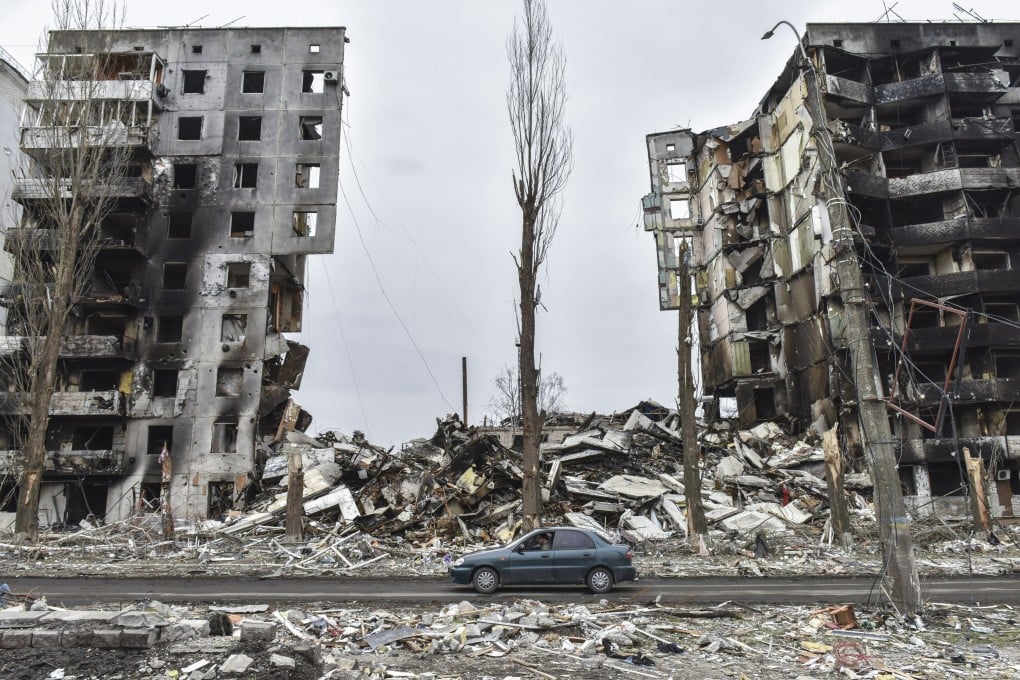Opinion | How Russia-Ukraine war, food insecurity and Covid-19 have made the world a more dangerous place in 2022
- In addition to sparking a humanitarian crisis and reviving the nuclear threat, the war in Ukraine is causing widespread food shortages and has stifled cooperation in the fight against climate change
- With the pandemic still raging, global events have coalesced to create a perfect storm

The escalation of the Russia-Ukraine conflict into a protracted war has heightened many other threats facing the world. According to Russian government reports, the Ukrainian army launched its first raid on Russia on April 1, which, if confirmed, means that the conflict may have entered the stage of counter-attack.
On the surface, it is a military struggle between Ukraine and the western and southern theatres of Russia. In essence, it is an all-out manifestation of Cold War confrontational thinking in Eastern Europe, as well as fierce retaliation by Russia against the endless strategic expansion of Nato, led by the US.
Short of formally sending in troops, the US and Nato have used almost all means of mixed warfare – financial sanctions, an information blockade, intelligence support, satellite navigation and air and space technology – to comprehensively strangle Russia.
This is undoubtedly adding fuel to the fire, provoking Russia to fight back. In particular, US President Joe Biden’s call for President Vladimir Putin to be removed from power puts Russia’s very survival at stake.
Putin’s spokesman Dmitry Peskov revealed that, in the face of an “existential threat”, Russia may use nuclear weapons. Putin cannot tolerate failure, and Biden is unwilling to give in, which may push Russia to use nuclear force.
Indeed, a growing number of scholars believe there is an increasing likelihood of a third world war erupting, while many are weighing the possibility of the outbreak of nuclear war. The situation is moving in the direction of planetary disaster.

